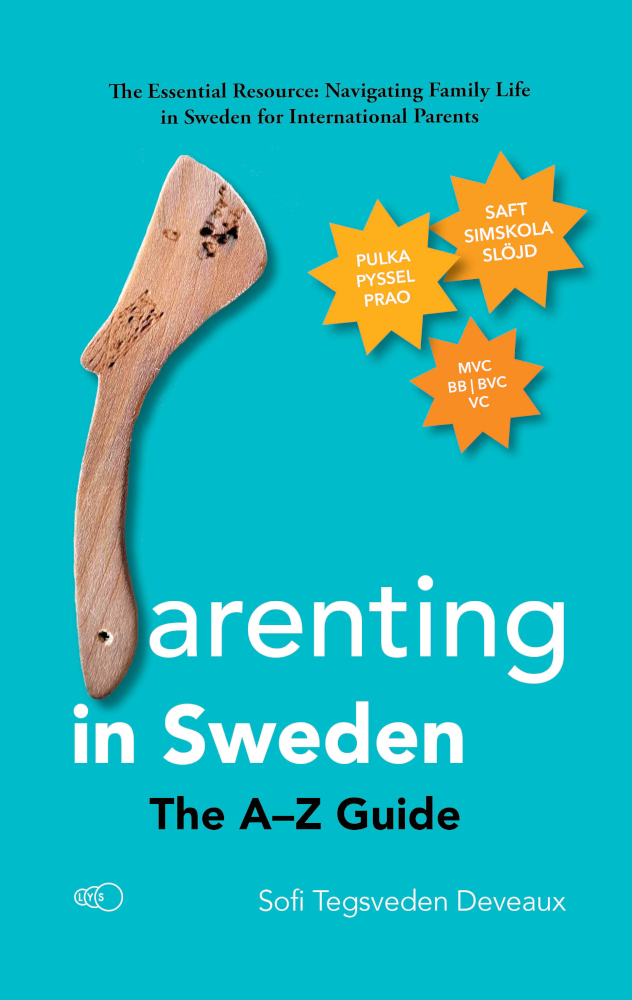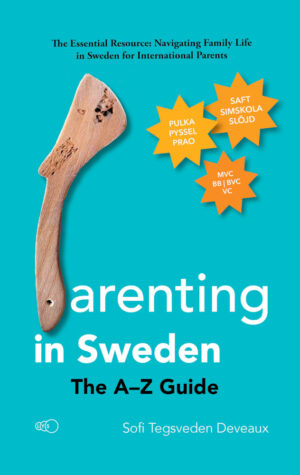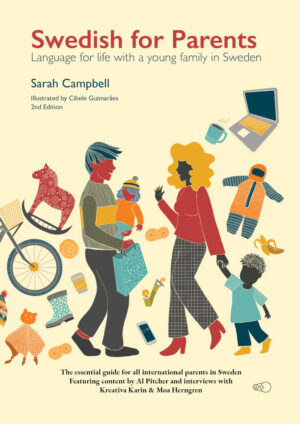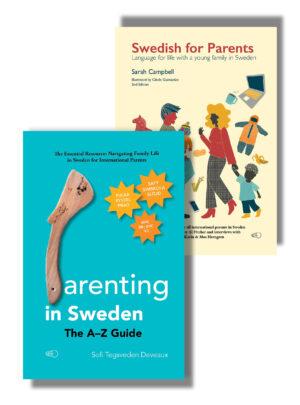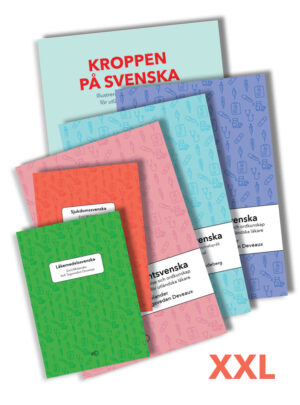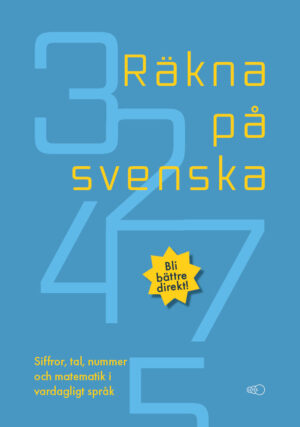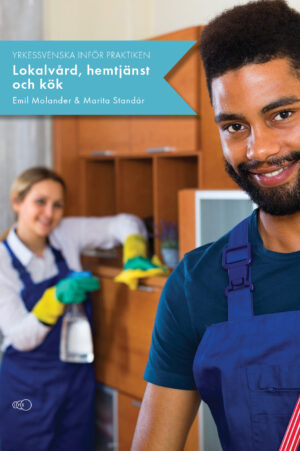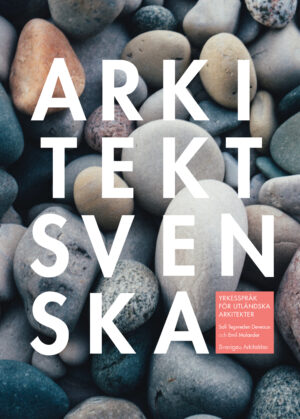In two months exactly, it’s my children’s birthdays. This time, they will turn 10. “Vi fyller jämnt,” ponders my son. (Att fylla jämt (“to fill even”) is an expression Swedes use to refer to big birthdays, such as 40, 50, 60, or 70.) His twin sister sneers. “You are about to retire or what?” She continues in French: “Vieillard!”
We are a multilingual family, using Swedish, French, and English in pretty much every conversation. Significant strain and confusion is added through my son’s attempts to learn German through Duolingo. Every conversation, passing comment, and exclamation is about tuning my brain into the right language. It’s exhilarating and exhausting; trans-languaging is just a fancy word for brain meltdown.
It would be an exaggeration to say we’re also a multicultural family. At best, we’re bi-cultural, acknowledging my husband, aka father of my children. His background is non-European French, having grown up on the island of Réunion, in the middle of the Indian Ocean. He uses French words, and French standards, he has a French education, and he knows his pastries. At the same time, geographically and climatically speaking, he grew up in a tropical country. He is constantly concerned about insects: “Don’t throw away the banana peel just like that; there will be insects!” “Should we really get such a thick rug, won’t there be insects?” The rest of us take him with a grain of salt: “It’s just because he’s a foreigner,” the children explain to me and proceed politely to ignore him. What does he know about snow and swimming and slöjd projects anyway? Resigned, he picks up the bin bag, insect-attracting banana secured inside, to take it out. He carefully puts on his down jacket, woollen beanie, and goretex boots. After all, he’ll have to walk three or four metres in negative degrees.
Living as a family, like we do, in one country but maintaining some relations to another culture is more about practicalities than values. Whatever works, works. Whatever doesn’t work will be disposed of. In most cases, we end up doing things the Swedish way, just because it takes less effort. One exception is birthdays. Like many Swedish children, I was brought up with rather elaborate birthday celebrations: My parents would wake me up by singing, bringing breakfast and gifts into my room. They would watch me, still in bed, unwrapping the presents and enjoying my breakfast before I was sent to school. The evening would usually involve a favourite meal and dessert, but the gifts were for the morning.
As a tired, always-tired parent, I just can’t do this, especially with the twice-as-nice implications of having twins. But with a non-Swede in the household, this is easily solved: We’re just doing it “the French way”, with gifts being presented in the evening, when there’s less stress and no risk of spilling juice in the bed. Everyone’s been happy about this, and I haven’t given it much thought.
However, the other day, we were discussing the upcoming birthday, and figuring out that the big day will be on a Sunday this year. “Yay!” one of the soon-to-be ten-year-olds exclaimed. “That means I won’t have to answer ‘nothing’ to the annoying question.” I looked at her, confused, She told me that in school, when one of the children has their birthday, the teacher always asks them to tell the class what gifts they have received in the morning. As my children are given their gifts in the evening, they always have to say ‘nothing”, which makes them feel uncomfortable.
I could write a long paragraph about teachers asking about such things in class and why it’s not a good idea, but I’ll leave that for another article, as my focus here is different: Recenty, I was having a conversation with a foreign-born individual, residing in Sweden. She has children the same age as mine, and we were discussing birthdays. I told her the anecdote of my children having to report gifts in school and how annoyed I was that the teacher assumed all children were presented with birthday presents in the morning. She was shocked. And in fact, not so much about the teacher not thinking through the consequences of such questions but about her not being familiar with this habit of presenting gifts in the morning, and how, potentially, this would affect her own children. Were they also dreading this annoying question on their birthdays? Were they embarrassed to talk about their foreign habits with their friends? Were they too ashamed to bring it up with her?
Hopefully, their teacher is wiser than my daughter’s, and probably, Swedish habits are more diverse than this teacher assumes. However, I think this story illustrates an interesting phenomenon: Parents are very keen on making their children fit in and feel comfortable with their peers, and this is often a critical concern for many international parents. More than in their pre-family life, they want to learn more about Swedish habits, to give their children the same opportunities as their friends and peers. Additionally, children are usually much more exposed to the majority culture than their parents are, given that they go to school and (in many cases) take part in extracurricular activities. Children are more likely to form new friendships, and children are more likely to feel the need to adopt the same habits and lifestyles as their friends.
Hence, international parents are keen to know the details of such habits and lifestyles in order to navigate their children’s world and social context. And this is exactly why I have written Parenting in Sweden: The A–Z Guide. It gives an overview of the particularities of Swedish culture through the lens of family life, such as the habit of presenting children with birthday gifts before school. This is not in any way an attempt to dictate how others should live their lives and bring up their children. (Sweden is homogenous enough as it is.) Instead, I hope I can help parents understand more about the unexpected gift associated with starting a family abroad: The new country, with all its goods and bads, will literally move in with you, in the form of a child.
Did you know?
- Many schools and förskolor have a policy that if you send out invitations to a birthday party at their premises, all children in the same class or group need to be invited. If you want to invite fewer children, you must communicate the invitation outside the school premises.
- Most Swedish families host children’s birthday parties during the weekend following the birthday, in the early afternoon. Guests will usually be served some fika, including a birthday cake, unless otherwise specified.
- Traditionally, Swedes enjoy their popcorn salted and not sweet, and you might cause riots if you don’t deliver on this one!
- At most Swedish birthday parties, all gifts will be opened when the guests are present. In some instances, this is formalised with all children sitting down in a circle to admire the gifts.
Do you want to learn more about how Swedish celebrate birthdays and what it’s like raising a child in Sweden? Parenting in Sweden is your go-to resource with more than 600 entries on family life in this Nordic country.


